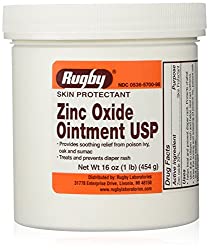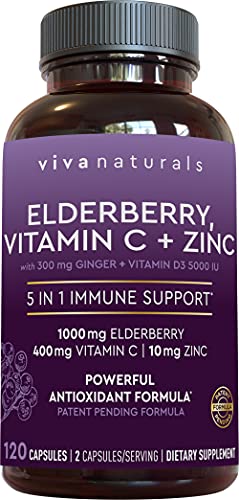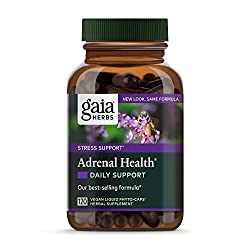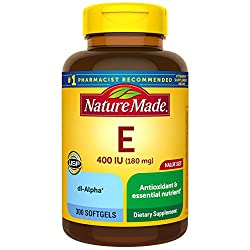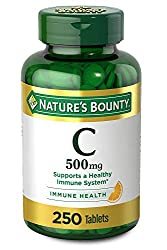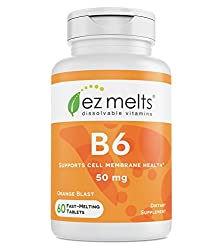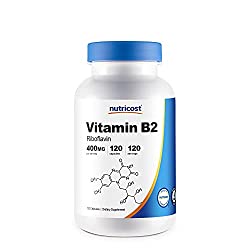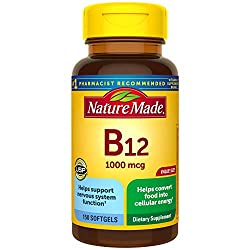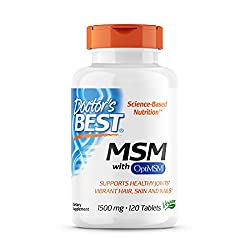Zinc Oxide Lotion Always consult your primary physician when starting a nutrition program with Zinc Oxide Lotion. This medication is used to relieve pain, itching, and discomfort from minor skin irritations such as poison ivy, poison oak, and poison sumac. It also helps to dry the oozing and weeping caused by irritation due to these plants. Topical zinc oxide is a non-prescription (OTC) over-the-counter)… Continue reading Nutrient Profile – Zinc Oxide Lotion
Category: Nutrient Profile
Nutrient Profile – Zinc
Zinc Always consult your primary physician when starting a nutrition program with Zinc. What is Zinc Zinc is an essential mineral that is naturally present in some foods, added to others, and available as a dietary supplement. Zinc deficiency is characterized by growth retardation, loss of appetite, and impaired immune function. In more severe cases,… Continue reading Nutrient Profile – Zinc
Nutrient Profile – Zapper
Zapper Always consult your primary physician when starting a nutrition program with Zapper.
Nutrient Profile – Weak Adrenals
Weak Adrenals Always consult your primary physician when starting a nutrition program with Weak Adrenals. To combat stress and live a more balanced life, it’s essential to optimize adrenal gland function. Adrenal Health Daily Support, is our best-selling formula traditionally for the stressed and overworked to help sustain healthy energy and stress levels.*
Nutrient Profile – Vitamins E
Vitamins E Always consult your primary physician when starting a nutrition program with Vitamins E. Vitamin E is found naturally in some foods, added to others, and available as a dietary supplement. “Vitamin E” is the collective name for a group of fat-soluble compounds with distinctive antioxidant activities [1]. Vitamin E is an antioxidant. It… Continue reading Nutrient Profile – Vitamins E
Nutrient Profile – Vitamins C
Vitamins C Always consult your primary physician when starting a nutrition program with Vitamins C. Vitamin C is one of the safest and most effective nutrients, experts say. Though it may not be the cure for the common cold, the benefits of vitamin C may include protection against immune system deficiencies, cardiovascular disease, prenatal health problems, eye disease, and even skin wrinkling. The… Continue reading Nutrient Profile – Vitamins C
Nutrient Profile – Vitamins B6
Vitamins B6 Always consult your primary physician when starting a nutrition program with Vitamins B6. Vitamin B-6 (pyridoxine) is important for normal brain development and for keeping the nervous system and immune system healthy. Food sources of vitamin B-6 include poultry, fish, potatoes, chickpeas, bananas and fortified cereals. Vitamin B-6 can also be taken as… Continue reading Nutrient Profile – Vitamins B6
Nutrient Profile – Vitamins B2
Vitamins B2 Always consult your primary physician when starting a nutrition program with Vitamins B2. Riboflavin (also known as vitamin B2) is one of the B vitamins, which are all water soluble. Riboflavin is naturally present in some foods, added to some food products, and available as a dietary supplement. This vitamin is an essential… Continue reading Nutrient Profile – Vitamins B2
Nutrient Profile – Vitamins B12
Vitamins B12 Always consult your primary physician when starting a nutrition program with Vitamins B12. Vitamin B12 is an essential vitamin. This means that the body requires vitamin B12 to work properly. Vitamin B12 can be found in foods such as meat, fish, and dairy products. It can also be made in a laboratory. It… Continue reading Nutrient Profile – Vitamins B12
Nutrient Profile – Vitamin MSM
Vitamin MSM Always consult your primary physician when starting a nutrition program with Vitamin MSM. Methylsulfonylmethane (MSM) is a chemical found in green plants, animals, and humans. It can also be made in a laboratory. Some literature that promotes MSM states that MSM can treat sulfur deficiency. But there is no Recommended Dietary Allowance (RDA)… Continue reading Nutrient Profile – Vitamin MSM

